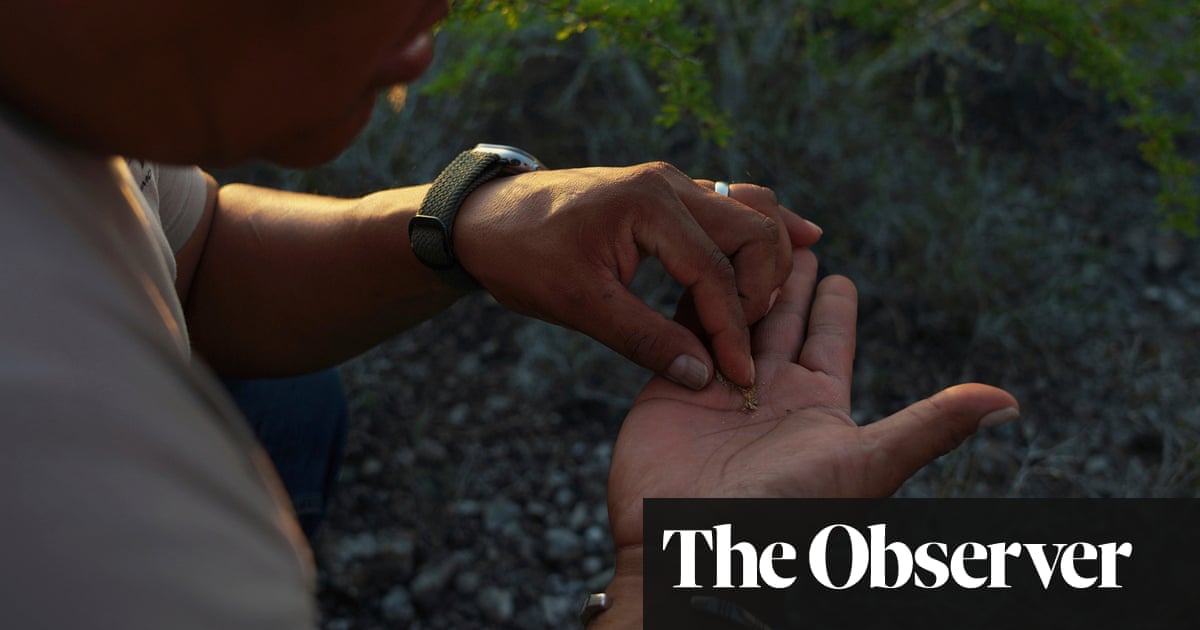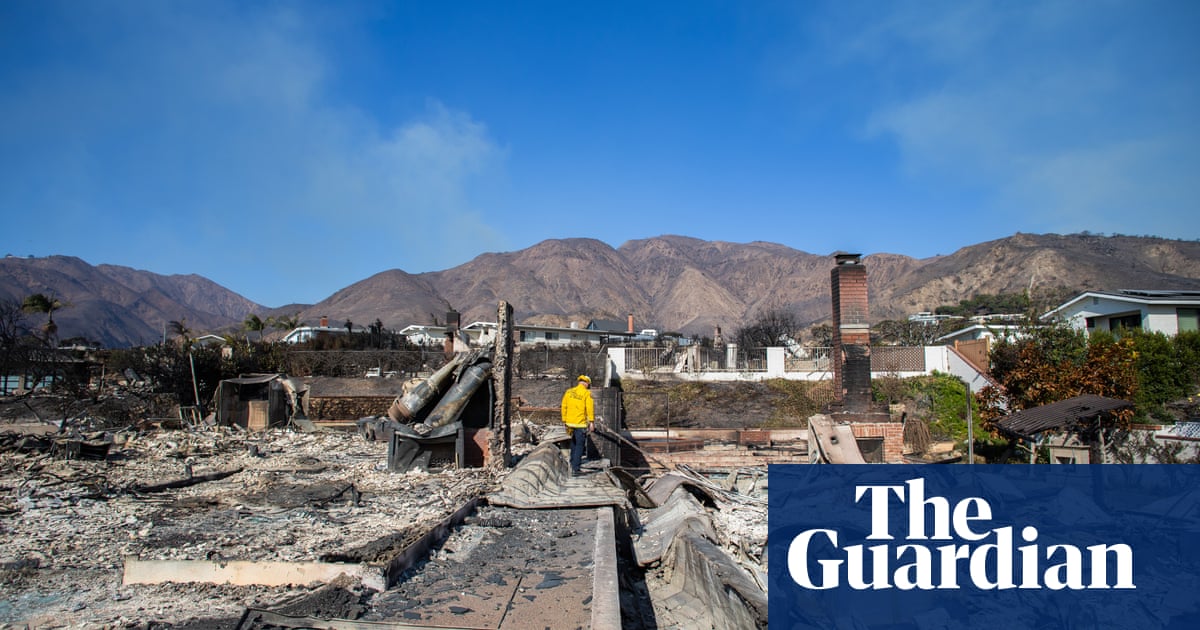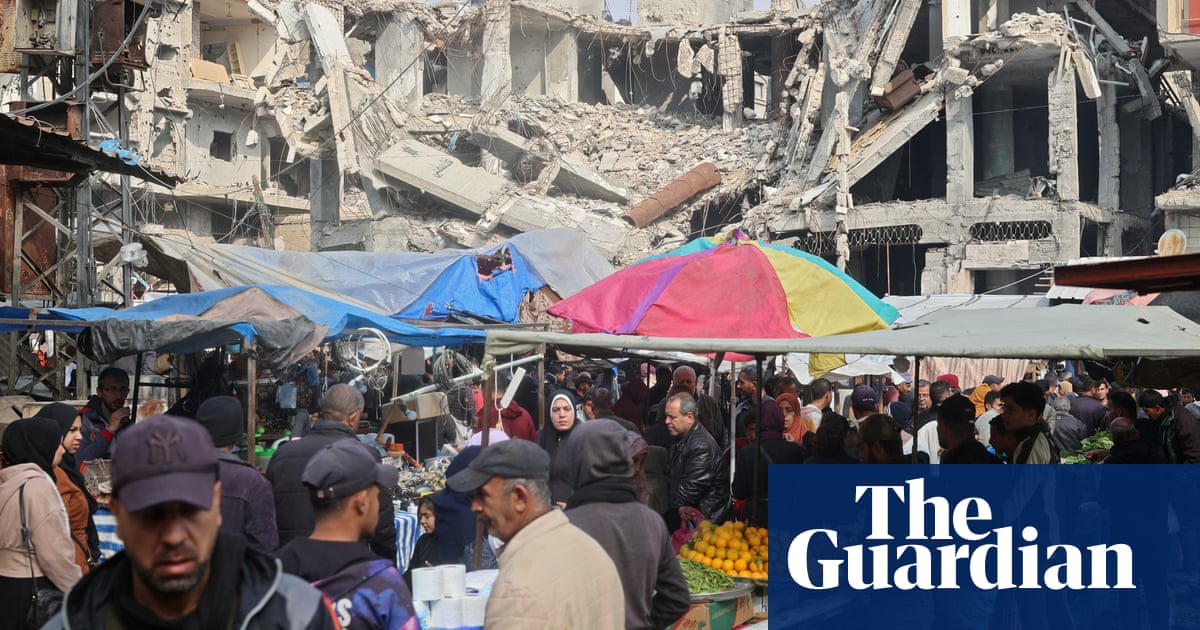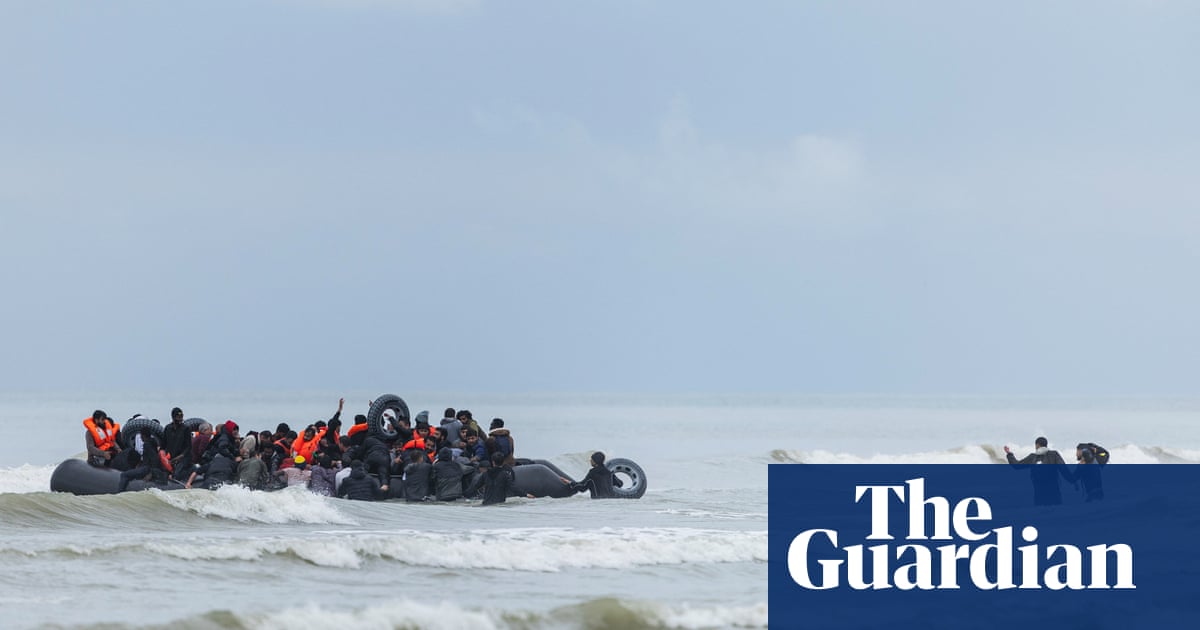The risks of methanol poisoning are in sharp focus this week after the tragic deaths of several young people in Laos, including Melbourne teens Holly Bowles and Bianca Jones.
According to Doctors Without Borders, thousands of people are poisoned by methanol every year, with outbreaks killing 20% to 40% of victims.
Given the toxic liquid looks, smells and tastes like regular alcohol found in beer, wine and spirits, is there any way to detect its presence?
What is methanol?
As Ian Musgrave writes for the Conversation, methanol is an alcohol, like the familiar ethanol in alcoholic beverages – but far more dangerous.
Like ethanol, methanol is a colourless, flammable liquid and smells similar to ethanol.
It’s typically found in industrial and household products, including windshield cleaning fluids, antifreeze and fuel – and cannot be safely consumed by humans.
While methanol and ethanol are both classed as alcohols, they break down differently in the body, according to Prof David Ranson, head of forensic medicine at Monash University.
The enzymes that helps bodies break down and eliminate regular alcohol found in beer, wine and spirits react differently with methanol, and produce substances called formaldehyde and formic acid – which is toxic to human cells.
Can I test for methanol in my drinks?
No. Home tests or portable devices have not been made commercially available – yet.
But common laboratory techniques can detect methanol, Dr Ian Musgrave, a pharmacologist and toxicologist at the University of Adelaide, says.
One method uses “gas chromatography–mass spectrometry”, Musgrave explains, where chemicals are separated based on size and chemical properties – and how volatile they are.
In other words, sorting the ethanol, found in regular gin and tonics, from toxic methanol, found in commercial-grade cleaning products.
Another approach is mixing the sample with a chemical solution of sodium dichromate and sulfuric acid. If it’s merely ethanol, a fruity smell ensues – but if it is methanol, a pungent and irritating smell meets the nostrils, Musgrave says.
Needless to say, neither testing method can be easily accessed by travellers, he adds.
The other problem is that gas chromatography–mass spectrometry kits are very expensive – worth “tens of thousands of dollars”. Although a kit would fit in a briefcase, you couldn’t really take the science experiment into a bar.
There is one other method, Prof Ian Rae, from the University of Melbourne’s school of chemistry, says, that he used to use when testing people’s home brews. It involves a “magnetic resonance spectrum” – placing a sample in a strong magnetic field to see what characteristics arise.
But there is hope. Researchers based at ETH Zurich in Switzerland are working on a portable smartphone-based methanol detection system that sniffs out methanol vapours from liquid a bit like a breathalyser.
The handheld sensor, which is not yet commercially available, may soon help consumers, authorities and healthcare workers to more easily screen for methanol.
Publishing in Nature Food, researchers said 789 people died as a result of methanol poisoning in 2019, mostly in Asia.
What if I don’t have access to a test?
Methanol contamination can occur randomly, and there can be different standards of quality control outside Australia.
Musgrave suggests it is safer to go to trusted bars, and only drink alcoholic beverages from a sealed container that you opened yourself.
“Methanol-type poisoning from the formic acid is severe and causes abdominal pain, chest pain, blurred vision, blindness, seizures. It’s really very, very nasty,” Ranson says.
“It’s a really important public safety issue, and particularly now with schoolies starting it’s really important to get the message out about the risks.”
Organisations like Doctors without Borders and Red Frogs provide advice for travellers on symptoms and treatments.
“And if anyone’s just slightly worried – go to a hospital, get tested – because the earlier you can get treated, the better it will be.”

.png) 1 month ago
15
1 month ago
15













































